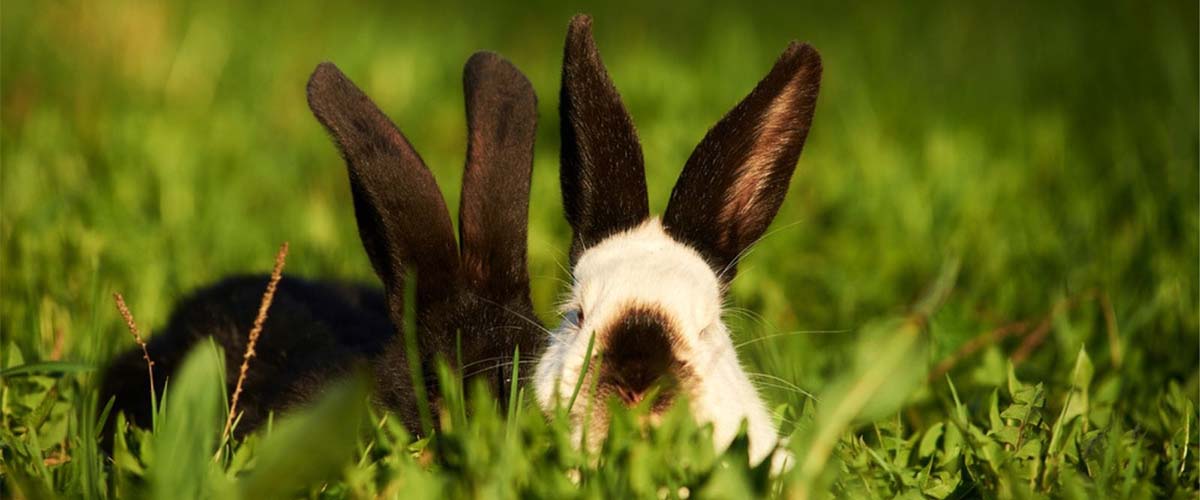Getting your rabbits
Where your rabbits come from can have a big effect on how healthy and happy they are for the rest of their life.
Try to do as much research as you can and choose where you get your rabbit from carefully. The wrong choice can mean your rabbit might require lots of vet treatment, which can be expensive.
Remember, rabbits need a companion so never buy just one rabbit to live on its own. Ideally, look for two or more bonded bunnies.
Here’s what we recommend at PDSA....
We recommend
Leading animal welfare charity rehoming centres.
- Several well-known animal welfare charities e.g. Blue Cross and RSPCA have rehoming centres for all pets, including rabbits.
- Reputable welfare organisations will health check all pets before they are rehomed and will also help match the most suitable pet to your home and lifestyle.
We recommend with caution
Other animal rescue centres or sanctuaries
There are lots of rescue centres and sanctuaries that are not run by leading animal welfare organisations. They are mostly run by committed, well-intentioned people but try to check the health standards of the rabbits, and their living conditions before rehoming a pet from them.
Getting your rabbits from a friend or family member
You can sometimes get rabbits from people you know and trust. Always check your new rabbits are healthy and have been handled from a young age.
Pet shops
Pet shops often have rabbits for sale. If you do get rabbits from a pet shop, make sure you check they are healthy and have been raised in a clean environment.
Things to check
If you do get a rabbits from a local sanctuary, a friend or a pet shop, here are some things to bear in mind:
- Try to choose your rabbits from a place where the living environment is clean and hygienic and contains suitable bedding, nest box, toys and food.
- Your rabbits should be bright and alert when awake.
- They should not have any discharges around their eyes, nose, ears or bottom.
- It’s best if rabbits have been gently handled regularly from a young age to help get them used to people.
We do NOT recommend
Newspaper and websites
Try to check their living environment is hygienic and has allowed your pet to get used to normal household life.

